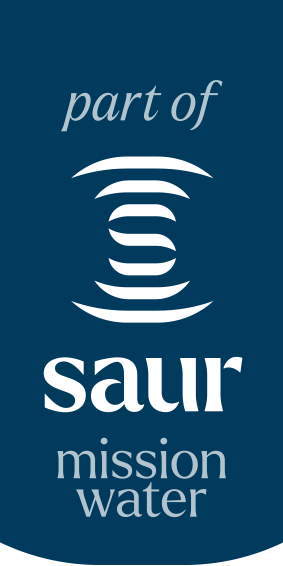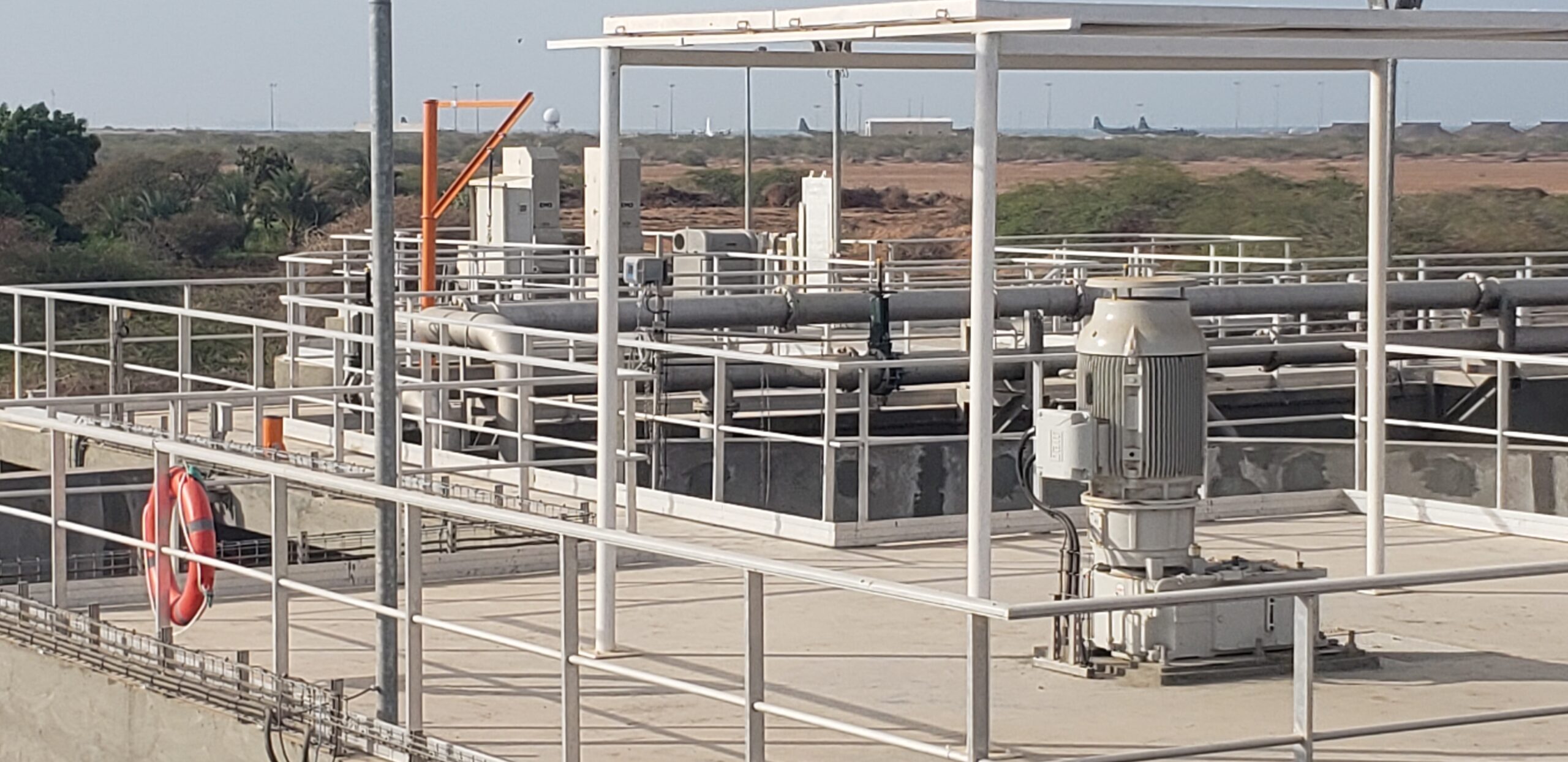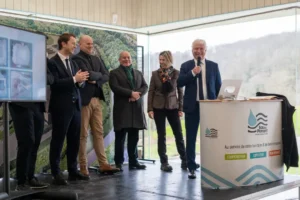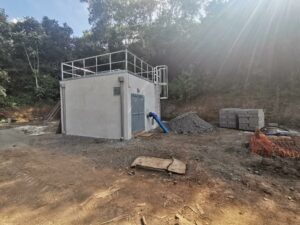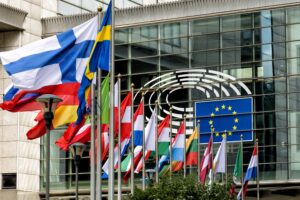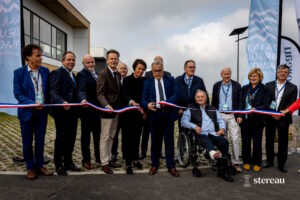Since March 1, 2025, the Douda wastewater treatment plant, located in Djibouti City, has officially entered its commissioning phase. This milestone marks the completion of a major capacity extension project led by Stereau, in partnership with Vinci Construction and Egis, under the project management of ONEAD.
The facility can now treat up to 80,000 population equivalents—more than double its initial capacity—addressing the rapid population growth of Djibouti City and the need for resilient sanitation solutions in the face of climate challenges.
This extension comes with a clear objective: to ensure the efficient and sustainable treatment of wastewater, while enabling the reuse of treated water to irrigate over 400 hectares. A forward-looking solution in a country facing significant water stress.
Raw wastewater is now flowing through the treatment units of the Douda plant — a critical step in the commissioning process. This phase, known as raw water commissioning, involves channeling actual wastewater through all treatment units. It allows for the verification of both hydraulic and biological performance at every stage of the process, from preliminary treatment to final disinfection. It is a pivotal moment that initiates the gradual startup of equipment and fine-tuning of operational settings.
The objective in the coming weeks is to reach the plant’s nominal treatment performance, as defined by national standards and WHO requirements for treated water quality. This gradual ramp-up is essential to ensure the biological stability of the processes, optimize efficiency, and prepare for the long-term operation of this strategic infrastructure.
An infrastructure serving the Sustainable Development Goals:
- SDG 6 – Clean Water and Sanitation:
By expanding access to sanitation services, the Douda extension helps secure access to clean water and protect aquatic environments. - SDG 3 – Good Health and Well-being:
Efficient wastewater treatment helps reduce pollution and lowers health risks, particularly those related to waterborne diseases. - SDG 11 – Sustainable Cities and Communities:
This infrastructure strengthens the resilience of Djibouti City by supporting its urban development with reliable technical solutions tailored to the local context.
This major project, co-financed by the AFD and the European Union for a total of €47.5 million, reflects a shared commitment to sustainable water management at the regional level.
